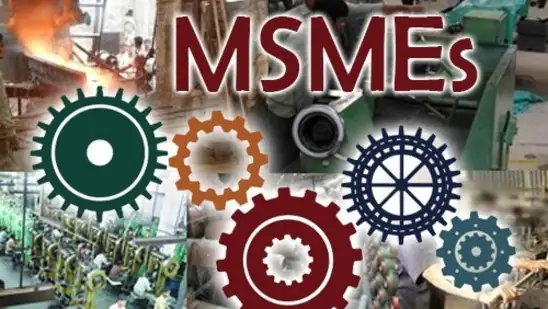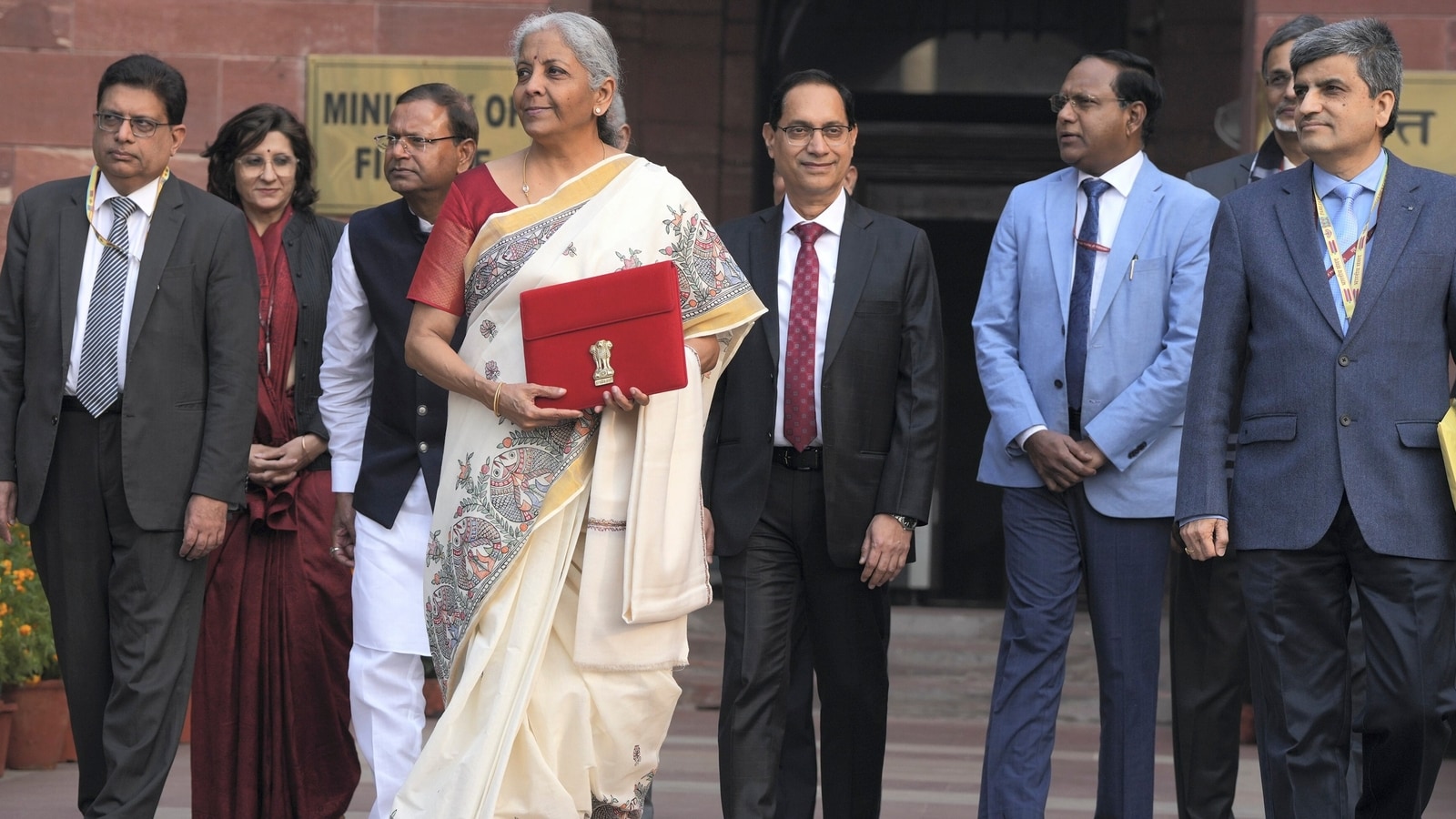The changes would be brought into the structure MSEFCs through an amendment to the Micro, Small and Medium Enterprises Development Act, 2006, two persons in the know of the developments said.
These councils may also be given more powers.
Under the MSMED Act, MSEFCs are constituted at the state level. They have the power to act as arbitrators or conciliators in disputes between the supplier located within the jurisdiction of the council – that is, the state or union territory – and the buyer who could be located anywhere in India.
Typically, the council, after examining a case filed by a micro or small business unit, will issue directions to the buyer for payment of dues along with interest.
In case the buyer fails to pay the dues within 45 days of the acceptance of the service rendered, they have to pay compound interest with the monthly rests to the supplier at three times the bank rate. Monthly rest rate is a methodology for calculating interest rates. In this method, interest is calculated based on the outstanding balance of the loan. As one pays a portion of the outstanding loan amount every month, the interest also reduces over time.
To be revamped, strengthened
“The MSEFC system will be revamped to make them stronger and give more teeth. They would be given more power in terms of enforcement of orders. Further they are overburdened currently, which also needs to be looked at,” said one of the two people mentioned above.
According to data from the ‘MSME Samadhan’ portal, a total of 198,453 applications have been filed at MSE facilitation councils, out of which 38,037 cases have been disposed of and 39,535 are currently being considered.
Another 49,675 applications are yet to be viewed. About 52,910 applications have been rejected and 18,296 were mutually settled.
Another person said the government may look at mandatory appointment of a person from the legal fraternity into these councils.
Vinod Kumar, president, India SME Forum said: “There are several instances wherein high courts find loopholes in the awards or orders of MSEFCs. This should be addressed. Further, the roles of these facilitation councils should be properly drawn up to include reconciliation and mediation into their functioning.”
He also pointed to the need to transform MSME-Samadhan, the delayed payment monitoring system, into an online dispute resolution platform. The entire end-to-resolution process now is not online, but the application process is.
Anil Bhardwaj, Secretary General of the Federation of Indian Micro and Small & Medium Enterprises (FISME) said: “Arbitral awards given by the MSME facilitation councils are often appealed in higher courts, and the issue of delayed payments to MSMEs takes that much longer to be resolved.” He further said that the the execution of arbitral award given towards MSMEs currently takes considerable time period which impacts the finances of these small businesses.
“The execution of award does not happen in a swift manner. It takes very long for MSMEs to actually receive the benefits of the arbitral award in their favour,” he said.
Krunal Modi, founding member and manager, Presolv360, an online dispute resolution platform which handles arbitration and mediation noted that a crucial issue with MSEFCs is the lack of expertise.
“If they delegate disputes to specialised dispute resolution institutions, the issue of delayed payments may be resolved more efficiently. MSEFCs have the power to delegate issues this way under the MSMED Act, but a lack of guidelines from state governments prohibits them from doing so,” he added.
Collaborating to amend law
Speaking at a recent event on World MSME Day, Rajneesh, additional secretary at the MSME ministry said: “We want to bring about the first amendment to the MSME Act that was passed in 2006 in order to make the provisions of the Act more conducive to the requirements of MSMEs.” He further said that the ministry is collaborating with stakeholders such as the ministry of law and justice and experts at National Law Universities (NLUs) to frame the amendments.
The MSME Development Act mandates payments to micro and small businesses within a maximum period of 45 days if it the transaction is backed by a written agreement. Otherwise, the payment has to be made within 15 days.
Through the Finance Act of 2023, the government amended the Income Tax Act and introduced a new clause in section 43 B to prescribe that payment to micro and small enterprises by businesses shall be allowed as an expenditure in computing the taxable income only in the year of payment if the payment is delayed beyond the time limit specified in the MSME Development Act of 2006. Allowing deduction on accrual basis, that is in the year when the payment liability arose, would be allowed only if the payment is made within the prescribed time period.
Government is now examining ways to prevent this provision from having any unintended outcome, such as large businesses avoiding enterprises with these small businesses. On June 29 Mint reported that the government is planning to modify the new tax treatment of delayed payments to small businesses so that large companies do not sidestep smaller firms altogether while sourcing goods and services in order to avoid the stringent tax treatment.
Queries sent to the ministry of MSME remained unanswered till press time.
Visit www.cagurujiclasses.com for practical courses











